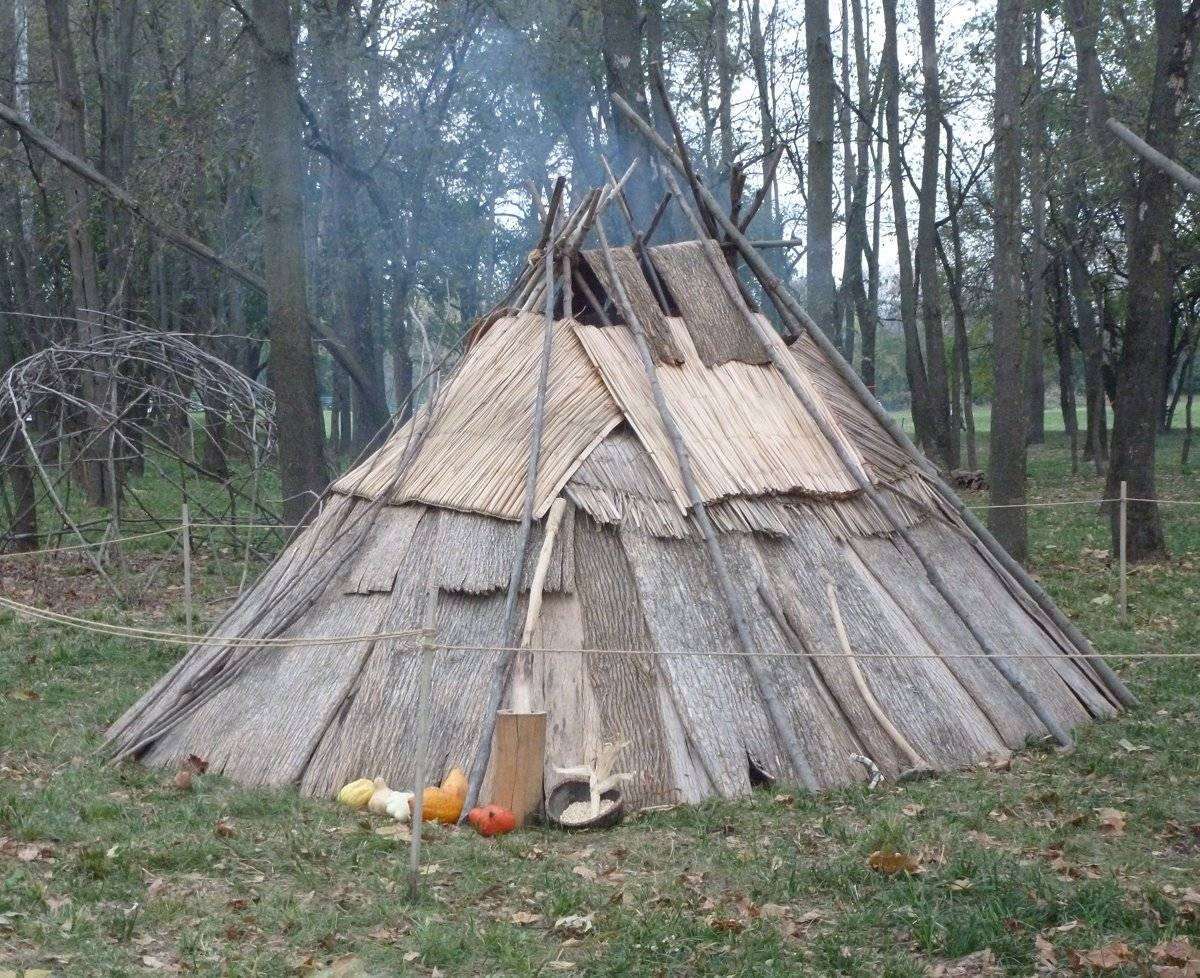March Newsletter, 2020 Rick McPherson

The table was filled with smoked salmon, elk, berries, roots and mushrooms. I sampled the salmon and it melted in my mouth like candy. The Native hosts insisted that I eat more. “Please, eat…take more food,” they said.
I was attending a funeral in the park at Lapwai, Idaho, on the Nez Perce reservation. The culture was a fascinating study and I was impressed with the protocol of how the Tribe conducted this special event. The thought occurred to me that this unique experience was a privilege that not many white men would enjoy. I was intrigued and wanted to learn more. In my studies I discovered an article from Jamie Oxendine regarding the etiquette and manners that are evident in Native American life. As I read I couldn’t help but see the significance of what we do at Pacific NW Outreach when we deliver food, clothing and supplies and how it impacts Natives in a big way. Let me explain.
Native Americans from coast to coast were cordial and kind to guests in their homes. Here are some general habits that were common among many Tribes.
THE ETERNAL COOKING MEAL
It was common to have a large container of food on or near the lodge fire. This container was usually a very large calabash (gourd) or bowl kept simmering via hot stones and full of some kind of meat or fish stew with vegetables. For many there was no set meal time. Whenever one was hungry they dipped in the container and had something to eat. Guests were always fed. The normal greeting was not, “Hello,” it was always, “Have you eaten?”
BEING POLITE IN THE LODGE
From the Longhouses and Wigwams, to Igloos and Tipis there was a certain accommodating protocol of life in the home of all Native Americans. For example:
HOST OBLIGATIONS
- Assume guests are tired, cold, hungry and thirsty.
- At no time worry guests with troubles of the host.
- Never sit while Elders stand.
- Compliment guests.
- Give thanks to The Creator for company and food.
- Help Elders with entering or leaving the lodge
- Protect guests as members of the family.
GUEST OBLIGATIONS
- Accept any food offered.
- *Be grateful for any and all offers from the host.
- Bestow respect to the Woman of the lodge as she is the keeper of the flame.
- Compliment the host.
- Give thanks to The Creator for hospitality.
- Never worry host with guest troubles.
- Present the host with a gift.
Reading through just some of these is a reminder of the civility and benevolence that characterized the home life of our Native American brothers and sisters. Perhaps we would do well to pause and reflect on some of these practices and restore them to our own “lodges.”
****
